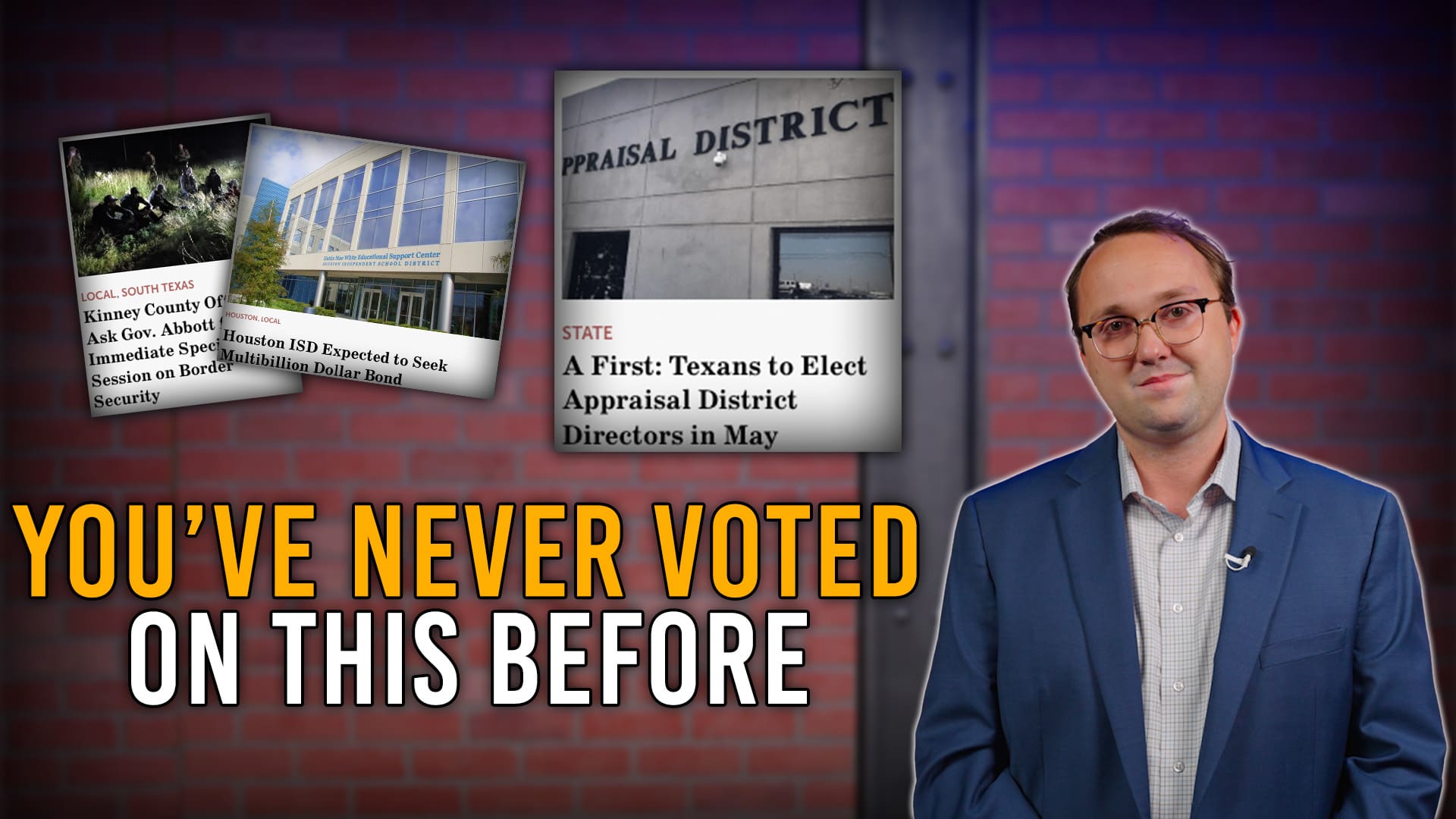From transmission line development in West Texas and the Panhandle, renewable energy sources have received $7 billion in incentives. Though only fifteen percent of Texas’ population lives in that region, Texans across the state are forced to pay for this massive handout through fees assessed on top of their energy rates whether or not they use renewable energy.
And then there are the local tax incentives.
The Texas tax code allows for local governments to use tax-funded incentives as a way to lure businesses to their jurisdiction. Not only do local governments use these as special perks, but it often leads to aiding companies whose ventures wouldn’t be as profitable, like many renewable energy businesses.
According to The Texas Public Policy Foundation, subsidies for renewable energy in Texas have cost taxpayers more than $13 billion since 2006.
Even worse, due to a pair of Texas Supreme Court decisions, the negotiations for these subsidies are exempt from public disclosure, so it is impossible for taxpayers to know the decision process.
Though the code needs revision, the problem isn’t simply that businesses receive tax abatements, it’s that many people living in those jurisdictions vehemently oppose the developments they are being forced to subsidize.
In Brown County, for instance, an energy company based in Oklahoma has reportedly secured leased for 4,500 acres (and the same in adjacent Coleman County) to build out a wind farm. The decision severely divided the communities, and many Brown County citizens have joined to form a group called Won’t Feel Like Home, which seeks to provide insight on what a wind farm could do to their property values, rights, and overall quality of life.
Citizens in North Texas have done the same, forming a group called Clay County Against Wind Farms, which opposes the farm development in Clay and neighboring Montague Counties. In May, the group showed up en-masse to oppose any effort by local Bellevue ISD to provide handouts to a wind farm company. Local resident John Greer, whose family has owned land in Clay County for over a century, said there’s been rumors of a project for a while. “Just recently it started getting some legs with some land owners leasing to the wind farms, but what they do next is go after the counties and schools for tax abatements,” he said.
Another citizen group, Don’t Blow It, has formed in Val Verde County to oppose the farms on the basis that they will affect Laughlin Air Force Base, border security operations, public parkland & ecotourism, and private property values. “[Wind farms are] heavily supported by government subsidies, paid by U.S. taxpayer dollars,” their website says. “Wind farms are not economically sustainable with these subsides.”
Unfortunately for taxpayers, there is a growing trend of local governments giving out wind subsidies across the state. Texans already pay some of the highest property tax bills in the country, and additional tax handouts like these only add to Texas’ unaffordability problem. On the other hand, citizens are finally starting to push back and hold their elected officials accountable and that should serve as motivation for others to do the same.




